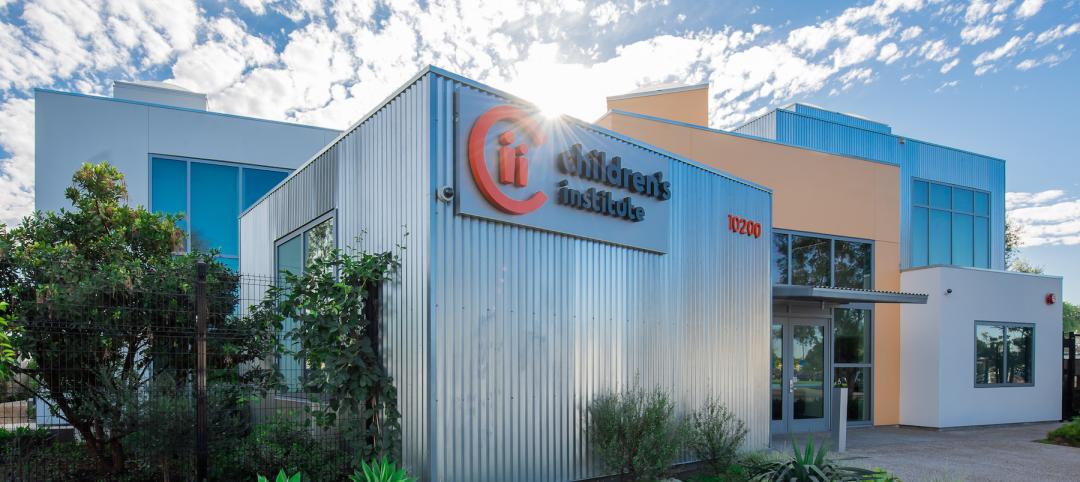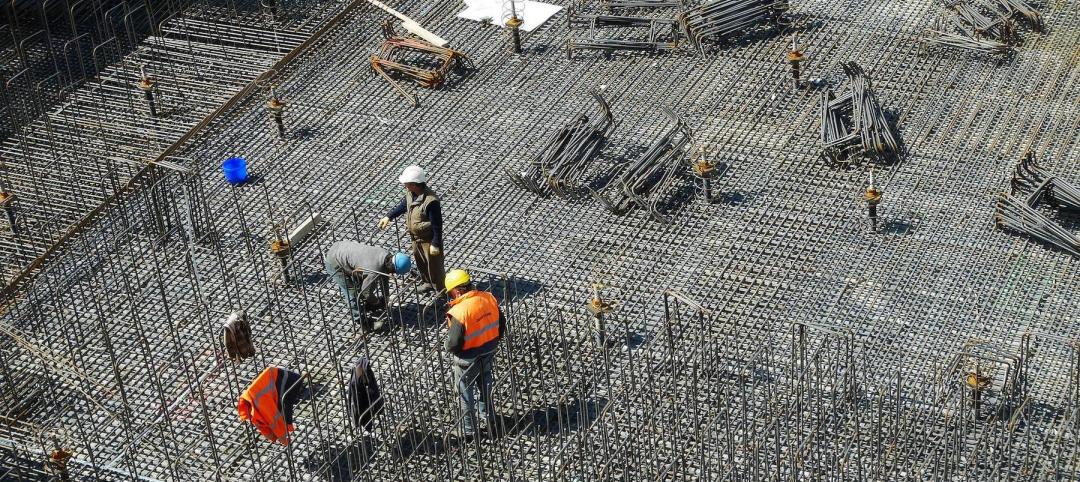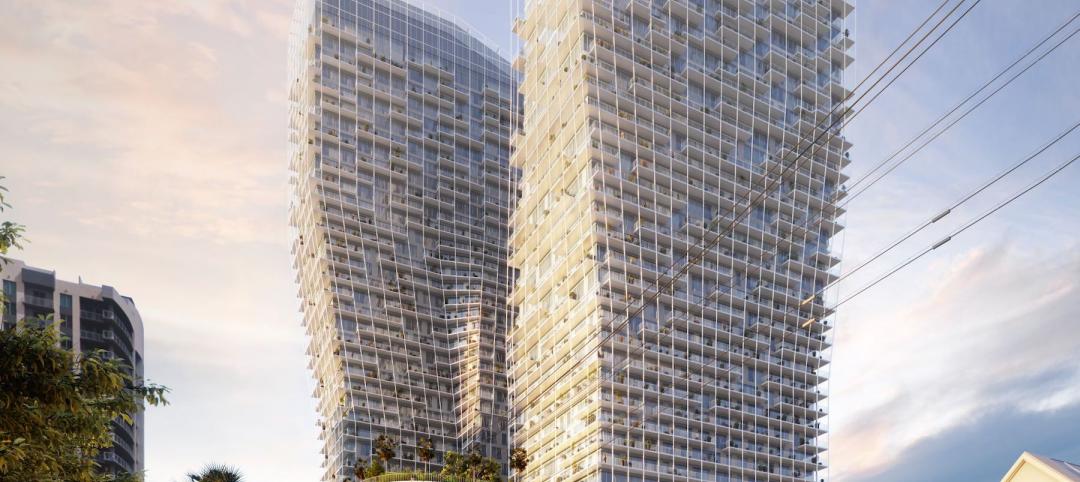Today, the U.S. Green Building Council announced nearly 100 net zero certifications earned under the LEED Zero program, representing more than 23 million square feet of space. One-fourth of LEED Zero projects earned multiple certifications, demonstrating achievement of net zero goals in several categories.
A complement to LEED certification, LEED Zero provides a clear, data-driven path to recognizing net-zero goals and signals market leadership in the built environment. In 2018, the first year LEED Zero was released, certifications were earned in every category, with one project earning certification in all four categories.
“Operating our buildings at net zero, combined with a solid green building strategy, is a cost-effective solution to tackling the climate crisis,” said Peter Templeton, USGBC’s interim president & CEO. “Reducing the carbon emissions of buildings is a critical part of the solving the climate puzzle. We will continue to work together with building owners and partners from all sectors to ensure that we meet net zero goals.”
LEED Zero energy certification is awarded to net zero energy buildings and communities that generate as much energy as they use over the course of the year. LEED Zero Carbon recognizes net zero carbon emissions from energy consumption through carbon emissions avoided or offset over one year. LEED Zero Water recognizes a potable water use balance of zero over one year. LEED Zero Waste recognizes buildings that achieve GBCI’s TRUE certification at the Platinum level.
Recent years have spotlighted the need to reduce carbon emissions and accelerate efforts to achieve a low-carbon future. Buildings account for nearly 40% of all carbon emissions, and according to a 2020 UN report, buildings must reduce at least 50% of their carbon emissions by 2030 to achieve net zero by 2050. Organizations, cities and countries around the globe are now monitoring their outputs and committing to carbon emissions reductions as well as net zero emissions.
This week is Net Zero Buildings Week, which is an opportunity to highlight the importance of green building and the push to decarbonize our existing buildings. In an effort to bring more awareness to the building sector’s contribution to carbon emissions, USGBC is taking part in Net Zero Buildings Week, joining the New Buildings Institute and other building industry partners to highlight the benefits of net zero buildings for a clean energy future. Join us as we virtually spread the word about net zero buildings and the people behind them. All organizations and firms are invited to participate by sharing their resources on social media using the hashtag #NetZeroNow.
Related Stories
Codes and Standards | Jun 15, 2022
Waived tariffs on solar panels expected to boost solar power
The Biden Administration recently waived tariffs on solar panels from four countries in a move advocates say will accelerate the clean energy transition and benefit national security.
Cultural Facilities | Jun 15, 2022
Gehry-designed Children’s Institute aims to foster community outreach in L.A.’s Watts neighborhood
The Children’s Institute (CII) in Los Angeles will open a 200,000-sf campus designed by Frank Gehry this summer.
Building Team | Jun 14, 2022
Thinking beyond the stadium: the future of district development
Traditional sports and entertainment venues are fading as teams and entertainment entities strive to move toward more diversified entertainment districts.
Codes and Standards | Jun 14, 2022
Hospitals’ fossil fuel use trending downward, but electricity use isn’t declining as much
The 2021 Hospital Energy and Water Benchmarking Survey by Grumman|Butkus Associates found that U.S. hospitals’ use of fossil fuels is declining since the inception of the annual survey 25 years ago, but electricity use is dipping more slowly.
Healthcare Facilities | Jun 13, 2022
University of Kansas Health System cancer care floors foster community and empathy
On three floors of Cambridge Tower A at The University of Kansas Health System in Kansas City, patients being treated for blood cancers have a dedicated space that not only keeps them safe during immune system comprising treatments, but also provide feelings of comfort and compassion.
Building Team | Jun 13, 2022
Ware Malcomb promotes Matt Chaiken to vice president
Ware Malcomb, an award-winning international design firm, today announced that Matt Chaiken has been promoted to Vice President in the firm’s Denver office.
Building Team | Jun 13, 2022
Partnership rethinks emergency shelters to turn them into sustainable, resilient homes
Holcim and the Norman Foster Foundation have struck a partnership to rethink emergency shelters to turn them into sustainable and resilient homes.
Building Team | Jun 13, 2022
A mixed-used building to rise above Fort Lauderdale, with views of downtown and the ocean
ODA, a New York-based architecture and design studio, recently released renderings of Ombelle, a project including two residential towers in Fort Lauderdale, Fla.
Office Buildings | Jun 13, 2022
San Antonio’s electric utility HQ to transform into a modern office building
In San Antonio, Tex., the former headquarters of CPS Energy, the city’s electric utility, is slated to transform into 100,000 square feet of office and retail space on San Antonio’s famed River Walk.
Cultural Facilities | Jun 10, 2022
After 10 Years, Taiwan’s new Taipei Music Center Reaches the Finish Line
RUR Architecture has finished the Taipei Music Center (TMC), turning a 22-acre (9-hectare) site into a new urban arts district.

















